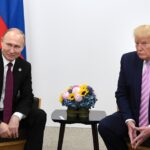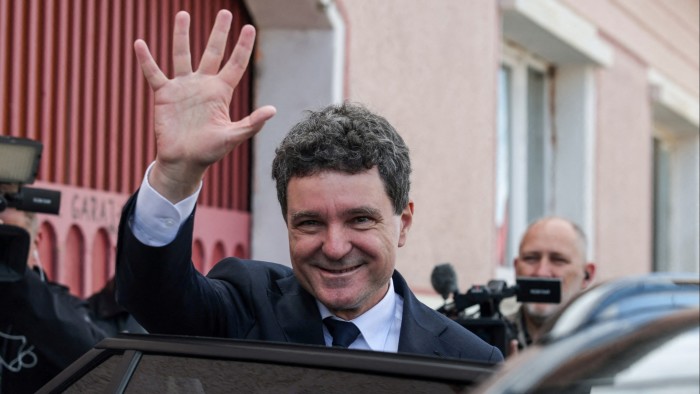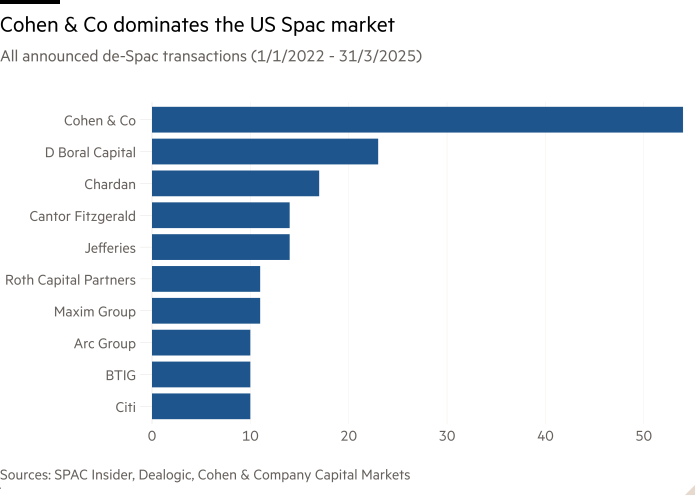US threatens maximum tariffs as it takes tougher line on trade talks

Unlock the White House Watch newsletter for free
Your guide to what Trump’s second term means for Washington, business and the world
The US says it will impose the maximum tariffs it has threatened against countries that do not negotiate “in good faith” as it strikes a more aggressive tone in trade talks.
Treasury secretary Scott Bessent on Sunday said that tariff rates would go back to the levels that President Donald Trump announced on April 2, when he declared his intention to “liberate” the US from an unfair trade system.
Countries would receive letters from Bessent outlining those maximum tariff rates if “they’re not negotiating in good faith”, the Treasury secretary told NBC.
“Some countries were at 10 per cent, some were substantially higher,” he added. If “you don’t want to negotiate then it will spring back to the April 2nd level”.
The harder line illustrates how fraught the tariff negotiations have become, and contrasts with recent boasts by President Donald Trump that countries were rushing to negotiate with Washington.
Trump on April 2 said that a levy of 10 per cent would apply to nearly all imports, but he also announced sweeping “reciprocal” tariffs in retaliation against levies on US exports.
Following last month’s announcement, US tariffs on Chinese goods reached a whopping 145 per cent. But the two countries on Monday signed a deal to cut tariffs on each other’s goods for at least 90 days, with the extra levies the US imposed on China this year falling to 30 per cent and China’s declining to 10 per cent.
South-east Asia’s export hubs were also hit with high levies on April 2, when Trump claimed the US would be freed from the yoke of unfair trade restrictions. Cambodia was given a “reciprocal” rate of 49 per cent, closely followed by Laos with 48 per cent and Vietnam with 46 per cent.
Mexico and Canada, which have often sparred with Trump over trade, dodged the reciprocal tariffs. Duties of 25 per cent for goods that do not comply with the terms of the 2020 USMCA trade deal with the US remained in place.
The UK earlier this month became the first country to strike a deal with Trump since he unleashed his trade war, securing cuts to tariffs on car and steel exports but failing to reverse a flat 10 per cent levy that applies to most goods.
Bessent on Sunday also railed against Walmart, which has said it will raise prices due to tariffs imposed by Washington.
The Treasury secretary said he had spoken to Walmart’s chief executive and that the retailer will “eat some of the tariffs”, echoing comments from Trump on social media on Saturday. Walmart declined to comment on Bessent’s comments, but said over the weekend that it has “always worked to keep our prices as low as possible”.
Bessent also sought to quell concerns around Moody’s decision on Friday to cut the US credit rating from its top-notch triple-A level to Aa1, citing rising levels of government debt and a widening budget deficit.
“Moody’s is a lagging indicator. I think that’s what everyone thinks of credit agencies,” Bessent said, as he sought to pin the blame on former president Joe Biden.
“It’s the Biden administration and the spending that we have seen over the past four years,” Bessent added. “And we are determined to bring the spending down and grow the economy.”
Additional reporting by James Politi, Antoine Gara and Gregory Meyer








